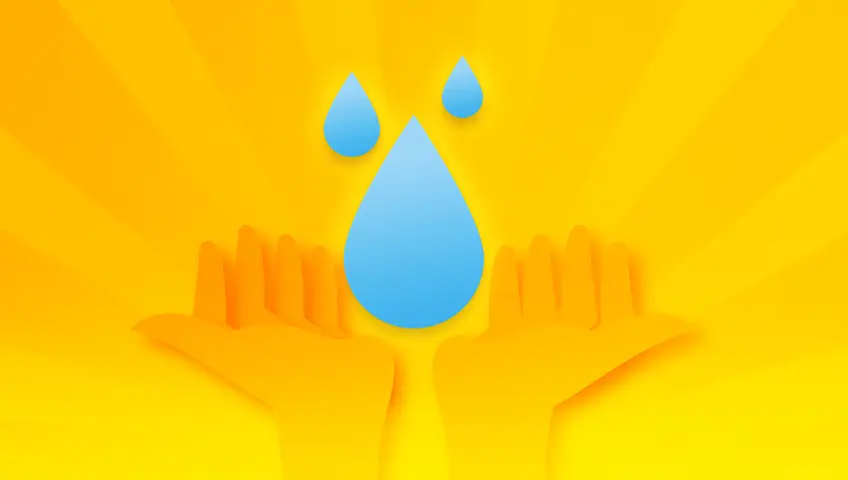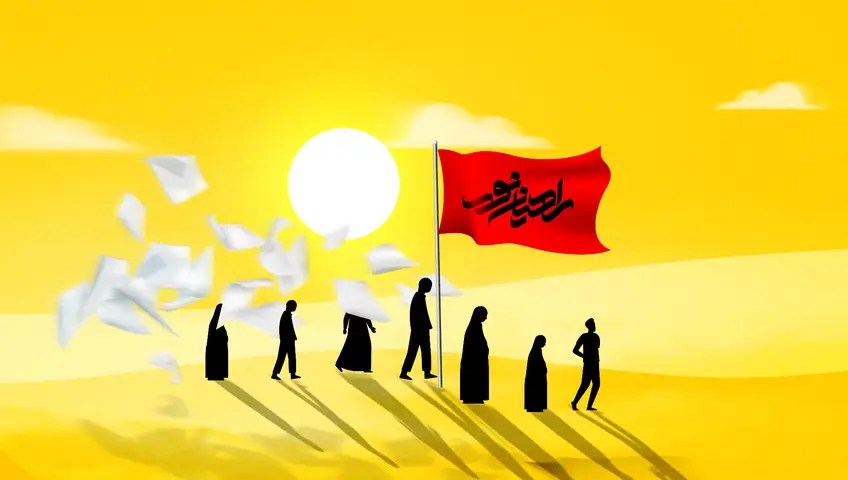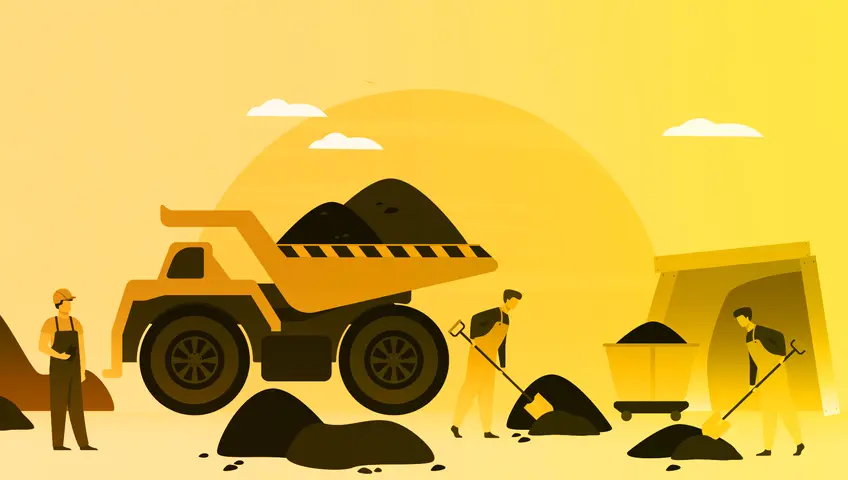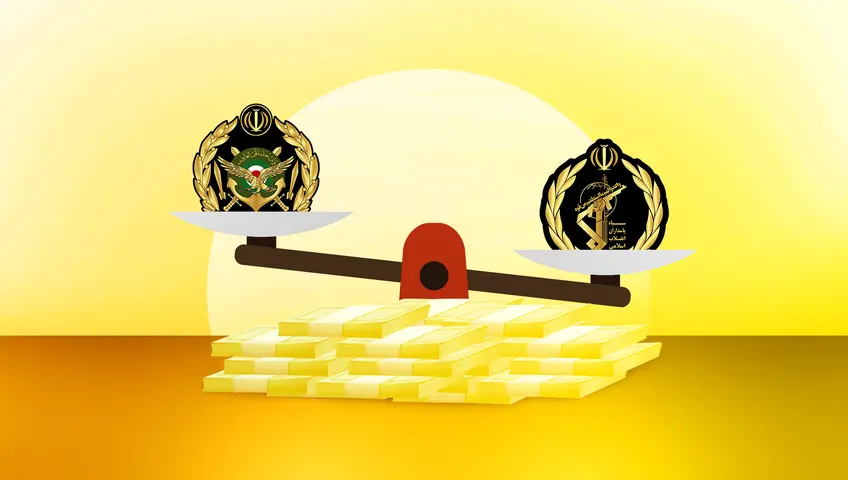Latest Articles

The $182m Series That Still Has No Start Date

Iran Tops Middle East in Groundwater Depletion, Ranks Fifth Globally

Iran boosts funding for state-backed pilgrimages after suppressing falsified data

Iran’s Crypto Mining Share May Reach 15% Amid Power Surges and Capital Flight

Iran’s Mining Wealth Fails to Lift Provincial Incomes





